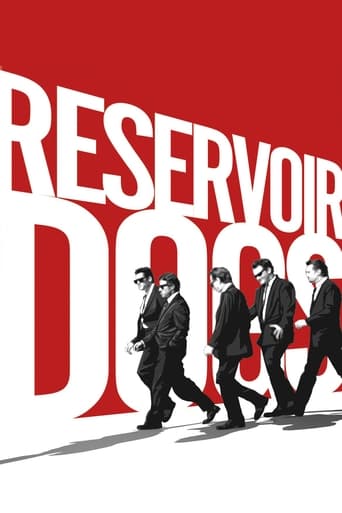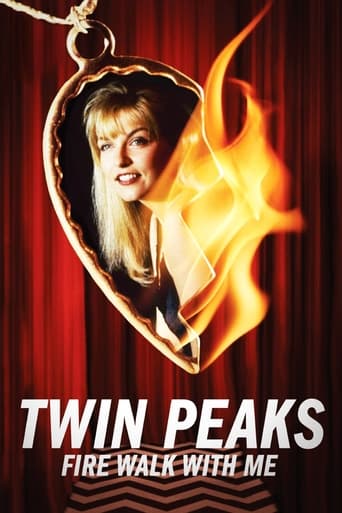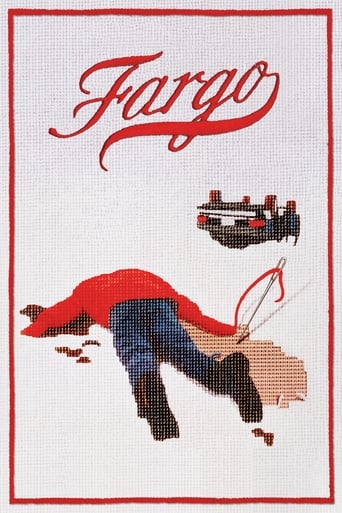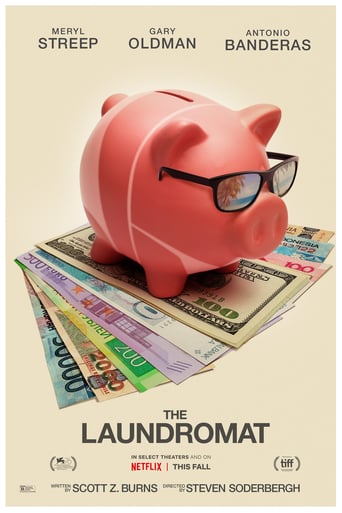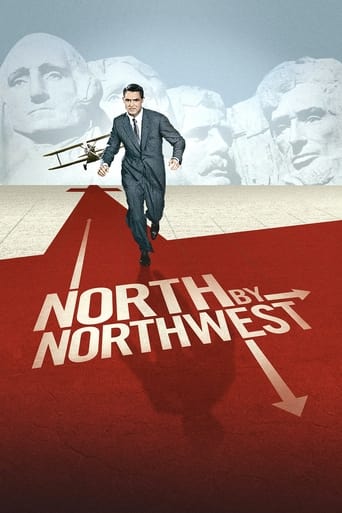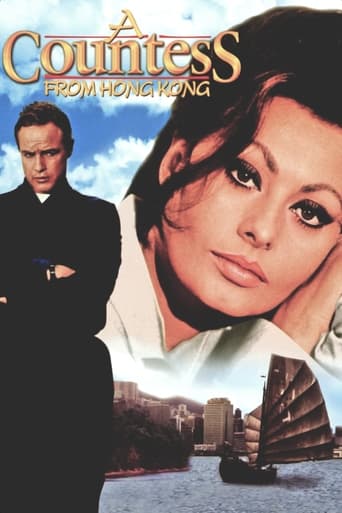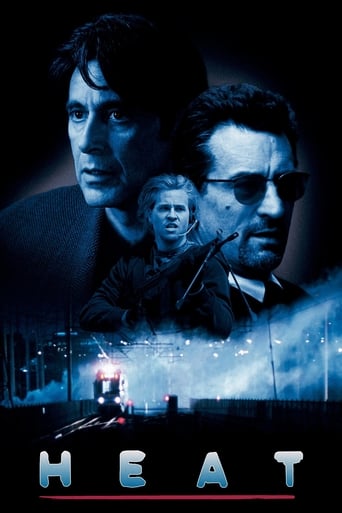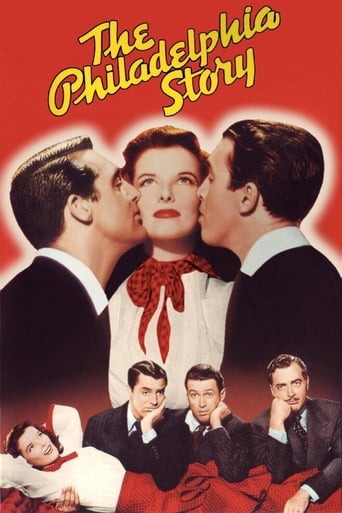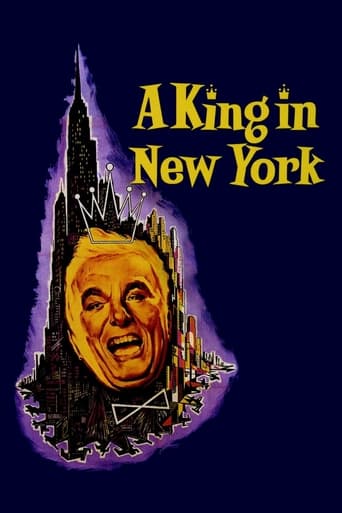


A King in New York
A recently-deposed "Estrovian" monarch seeks shelter in New York City, where he becomes an accidental television celebrity. Later, he's wrongly accused of being a Communist and gets caught up in subsequent HUAC hearings.
-
- Cast:
- Charlie Chaplin , Maxine Audley , Jerry Desmonde , Oliver Johnston , Dawn Addams , Sid James , Joan Ingram


Similar titles
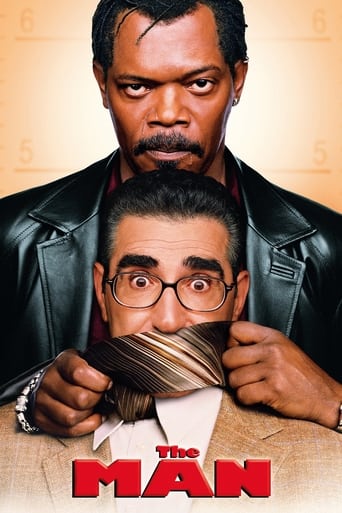
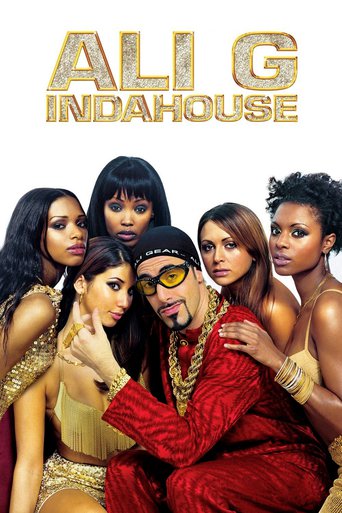
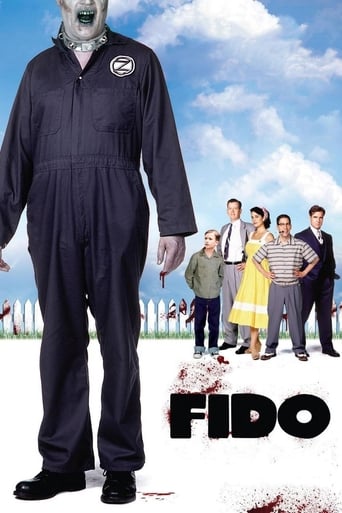
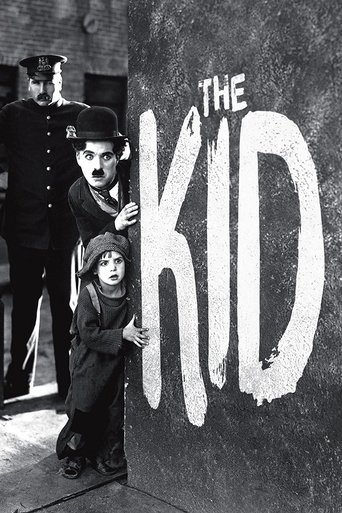
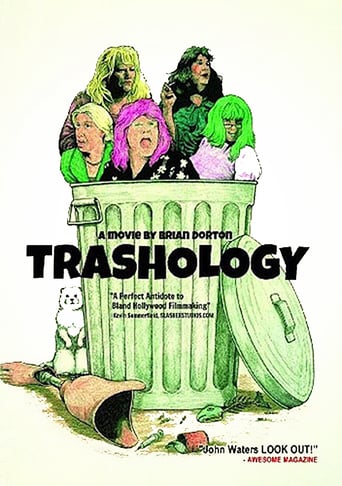
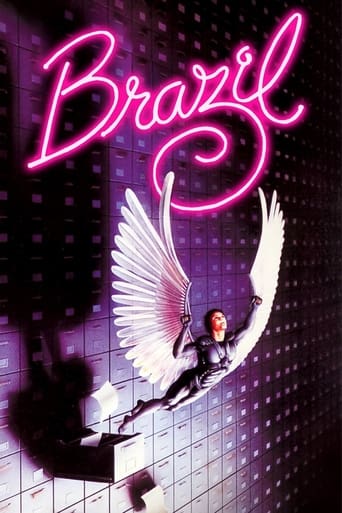
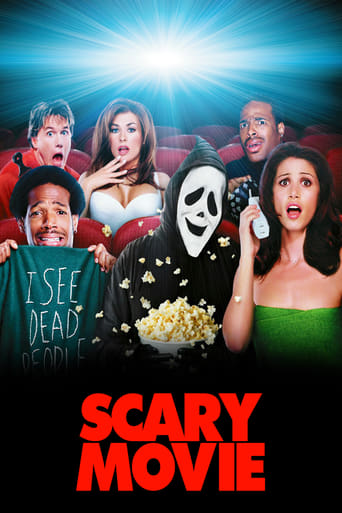
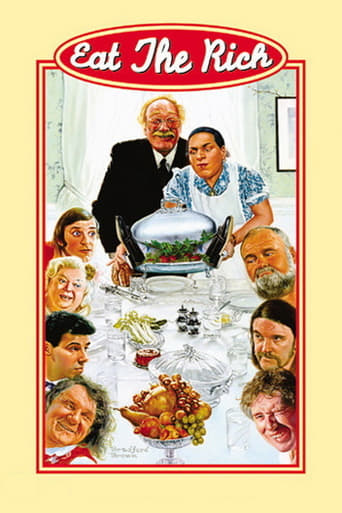
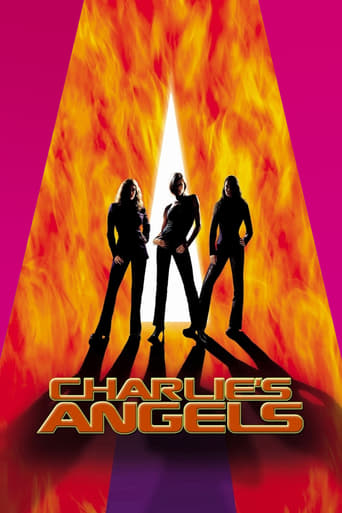
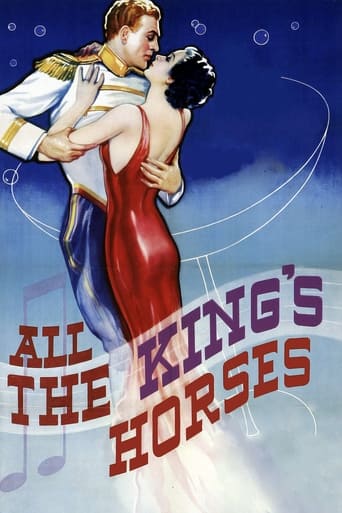
Reviews
Why so much hype?
The acting in this movie is really good.
The movie's neither hopeful in contrived ways, nor hopeless in different contrived ways. Somehow it manages to be wonderful
This movie tries so hard to be funny, yet it falls flat every time. Just another example of recycled ideas repackaged with women in an attempt to appeal to a certain audience.
It had been over 20 years since Charlie Chaplin last adorned his beloved character 'The Tramp.' Although in his later performances, the aspects of the icon are inescapable, A King In New York deliberately brings the slapstick back into an interesting context. He is not a tramp, nor a barber, but a king. A king whose unfortunate attempts at sophistication end up humiliating. It's a clear critique on the buffoonery of authority figures as he obliviously goes out for entertainment in New York while his home country is rioting against him. The lure of celebrity is a temptation to all and Chaplin protests that it's irresponsible for these types of powerful figures to be drawn to it. His last two films, The Great Dictator and Limelight, were two of his best films that were seamlessly able to blend comedy with a message and emotion.Unfortunately, A King In New York doesn't have the same weight to it emotionally and leads it inevitably into being lesser Chaplin. That said, it's still hilarious, with great satire and slapstick, a highlight being where the king's curiosity gets the better of him and he puts his finger in a fire hose and drags it through the following scenes. Chaplin has always had a talent for getting the best out of a simple joke. It's a shame that he felt the need to have his political point on a soapbox in the form of a young child. It's distracting and feels unnecessary. The film's effect would've been far greater without it being spoken as Chaplin's king was enough to get the message. Although, in finally watching his unpopular films, they have made me realise how he has an unconditional place in my heart as all director, writer and performer.7/10
... while he himself was basically exiled in a strange land. 1957's "A King in New York" shows Chaplin at the end of his film career. In fact, it is the last film in which Chaplin himself stars. Refused permission to reenter the U.S. in 1952 due to the idea that he held anti-American beliefs, he actually made this film about a deposed European king in New York in England. The film suffers from production values that are not as high as they were in Chaplin's earlier films, and if you have the version Warner Brothers put out in 2004, the commentary points out that Chaplin had much trouble making this film mainly because he was not dealing with familiar personnel in his own studio as he had in his earlier efforts. The film's political statements are heavy-handed, but there are still some good comic turns by Chaplin and his viewpoints and comic bits on America and rampant commercialism and consumerism still hold up today. In fact, they are probably much more relevant today than they were when this movie was first made. If you are curious about Chaplin's work you need to eventually view this film, just don't start your journey here. If you are just starting out, I recommend you view Chaplin's Mutual Comedies. These are 12 two-reel comedies Chaplin made in 1916 and 1917 and show his comic technique evolve from the pants-kicking fests of his Essanay and Keystone films into the sophisticated technique he had from the end of the series onward. Also, the Mutual period was named by Chaplin himself as the era in both his personal and professional life in which he was the happiest.
This movie was the last one Chaplin made in which he also starred. In the 1950s, American hysteria over communists and communist sympathizers and allegations that Chaplin was either one or the other led J. Edgar Hoover to block Chaplin from returning to the USA from a European trip Chaplin was on in 1952. (Contemporary bad publicity about Chaplin's private life didn't help CC's standing with the public.)This movie was made in 1957 and tweaks some American fetishes and attitudes: its anti-anything-left-of-right-wing, Sen. Joe McCarthy and the House UA committee, plus our American TV ads and commercialism, our fear of looking old, plastic surgery, waves of press hysteria, US "progressive" education, etc. The movie wasn't shown in the USA until about 15 years after its European release.Chaplin typically worked on a full length movie for a year or more in Hollywood with a crew of intimates he'd assembled over the years; often many scenes were shot well over 100 times until it suited CC perfectly. "AKiNY" was made in just 12 weeks in an UK studio with people largely unfamiliar to Chaplin. So maybe we should consider it as a first draft of his usual final copy. Chaplin plays a European king (King Shahdov) who escapes his country, flies to America to avoid being deposed and imprisoned. He plays the part of a royal perfectly, IMO. Shortly after arriving he finds one of his trusted officials who'd also fled with him has now left his king, but taking with him all the king's money.Before the king can solve the dilemma of his unexpected poverty, he is taken advantage of by an attractive TV hostess of a reality show (in 1957 !!-- that was prescient!!) and that leads to a brief career in advertising commercials which supports his life style. On a trip to visit a local progressive school, he meets 12 year old Rupert (played by Chaplin's son, Michael) who spouts left wing political jargon he's picked up from his parents. The parents are later charged and sent to jail as communist sympathizers and Rupert ends up by chance in the king's care. The king also is charged with being a communist sympathizer -- but finally acquitted.We get a few, rare glimpses of the vintage Chaplin facial expressions and sight gags (as when his finger gets stuck in the nozzle of a fire hose). But most sight gags are performed by people other than "the king" (Chaplin).While this isn't Chaplin at his very best, it's still quite good and, for lovers of Chaplin's work, an essential film to experience (as also is "Limelight," one of his VERY best so "AKiNY" is a slightly lesser- than). As usual, Chaplin wrote and directed this film plus composed ALL its music.I'll rate it 8 of 10 stars -- 7 of 10 if it was anyone else doing an equally excellent job as the king.
Charles Chaplin had a love-hate relationship with the United States of America. On the one hand, it was in Hollywood that the British-born comedian and filmmaker built a successful life and career, immortalising himself as one of the most beloved directors and stars in the history of cinema. On the other hand, Chaplin's political attitudes during the 1940s that America should form an alliance with the Soviet Union in order to fight Adolf Hitler's fascist regime led to his being labelled a Communist or Communist sympathiser. In 1952, Chaplin returned to his home-town of London for the premiere of the brilliant 'Limelight (1952),' where he was greeted with great enthusiasm, though with his arrival came the news that the American government had rescinded his re-entry visa into the United States. Over the next few years, the aging filmmaker toyed with numerous ideas for his next film including a possible resurrection of the Little Tramp before settling upon 'A King in New York,' whose screenplay took about two years to complete.'A King in New York (1957)' tells the story of King Shahdov (Chaplin), a dethroned monarch who seeks refuge in the United States, his entire wealth cunningly stolen from him. The film starts off as an amiable slapstick comedy, which is basically what I had been expecting, before branching off into darker territory, become a scathing satiric assault on almost everything that America stands for. When he first arrives in the country, King Shahdov revels in the peace and liberty of this grand nation, exclaiming to his dedicated ambassador, Jaume (Oliver Johnston): "if you knew what it means to breathe this free air. This wonderful, wonderful America. Its youth, its genius, its vitality!" However, through his relationship with a brilliant young boy, Rupert Macabee (Chaplin's own son, Michael), whose parents happen to be members of the Communist party, Shahdov becomes embroiled in the period's rampant McCarthyist witch-hunts, revealing the devastating truth that perhaps America's notions of freedom have become a mere illusion.Despite Chaplin's insistence that "my picture isn't political," it most undoubtedly is, with the director just as he did in the final scenes of 'Monsieur Verdoux (1947)' evidently expressing his distaste for what society has become. It's easy to dismiss 'A King in New York' as pro-socialist propaganda, but to do so would be completely missing the very idea behind the film. Personally, I'm unsure of Chaplin's official stance on Communism itself, but the filmmaker certainly reviled the manner in which the United States government approached the issue, citing it as an immoral invasion of privacy and liberty. Chaplin described himself as having no political convictions: "I am an individualist, and I believe in liberty." Perhaps referring to the Hollywood blacklist, he once said: "These are days of turmoil and strife and bitterness. This is not the day of great artists; this is the day of politics."'A King in New York' was filmed at Shepparton Studios in London, and the film does a very successful job of imitating the hustle-and-bustle of the Big Apple. As well as expressing his stance on McCarthyism, Chaplin also aims a few effective jabs at commercialisation and popular culture, prophetically predicting the prominence of commercial chain-stores, cosmetic surgery and reality television {when King Shahdov is unwittingly coaxed into attending a televised dinner party, continually baffled as to why his lady interest (Dawn Addams) keeps unexpectedly launching into advertisements}. Though my review has stressed the political implications of the film, 'A King in New York' also works pretty well as a light comedy, and I almost died laughing when Chaplin walked into the House Committee on Un-American Activities with a fire-hose attached to his finger. Michael Chaplin's impassioned tirades on the degradation of America were also a riot to watch, even if the young actor can occasionally be spotted mouthing his father's lines. Owing to its somewhat disagreeable stance towards the United States, Chaplin was unable to find any willing American distributors, and so 'A King in New York' remained unseen there until the 1970s. "Freedom of speech," indeed.


